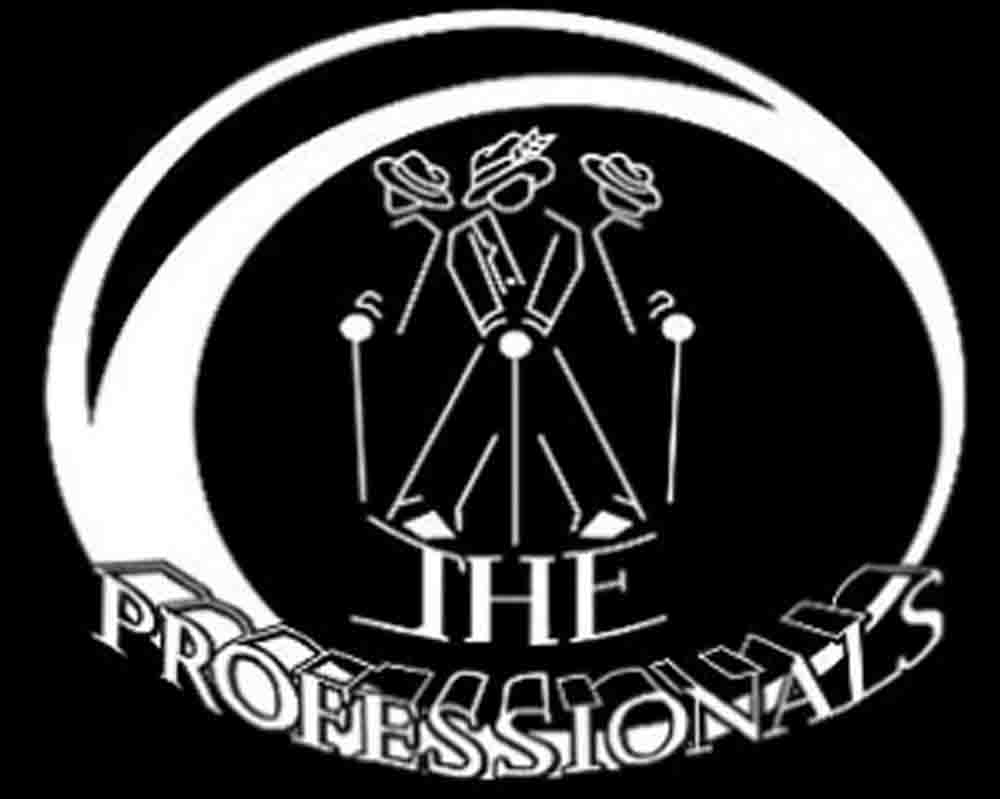Puncher’s from the Past: Kid Tano
 Name: KID TANO (Cayetano Ojeda Herrera)
Name: KID TANO (Cayetano Ojeda Herrera)
Born: 3 April 1938 Las Palmas, Canary Islands, Spain
Record: 105 fights, 81 wins (38by KO/TKO), 14 losses (5 by KO/TKO), 10 draws
Career: 1961 to 1973
Division: Featherweight/Lightweight
Stance: Orthodox
Titles in date order: Spanish featherweight , Spanish lightweight
Major Contests
Scored wins over: Juan Albornoz, Manuel Calvo (twice), Herry Pickard, Bruno Melissano, Tore Magnussen, Rene Roque, Rodolfo Sanchez
Lost to: Jose Legra (twice)**,Angel Robinson Garcia, Pedro Carrasco**, Miguel Velazquez**,Jonathan Dele, Manny Santos, Perico Fernandez**
Drew with: Jose Legra**, Harry Pickard, Manuel Calvo.
**Past/ future holders of a version of a world title
Kid Tano’s story
Box Rec lists 56 individuals who, despite being deaf, ignored the challenges that posed and took up professional boxing. Only one deaf boxer, Italian Mario D’Agata, succeeded in winning a world title. That indicates how daunting the sport can be for someone with hearing disability so imagine how much more difficult boxing would be for someone who is a deaf mute. Cayetano Ojeda Herrera, who boxed as Kid Tano, had to fight within a cone of silence trying to focus 100% on his opponent whist having to look for flashing lights to tell him the round was over, to understand what the referee was saying and communicate with his corner on tactics when all he should be doing is concentrating on beating the man in front of him. Curiosity led Tano into boxing. As a very young boy he would drive the family’s goats through the Arenales area of Las Palmas in the Canary Islands. His attention was caught by a gym he passed. He would stop and watch the boxers in the gym and eventually, seeing his interest, he was invited in. He was captivated. He knew with his disability he could not compete in team games but this was a one-on-one test of physical attributes with a level, playing field. With the help of patience and caring trainers Tano started boxing competitively at the age of 14 and made rapid progress getting a bronze medal in the 1959 Spanish Championships, silver in 1960 and won gold in June 1961.
He turned professional in July 1961 launching a twelve-year career. He won the Spanish featherweight title in May 1962 beating Miguel Calderin in the first fight for a Spanish title between two Canarian fighters and went on to set a record for Spanish title fights that still stands today. He took part in 11 featherweight title fights going 8-3. He drew with future European super lightweight champion Juan Albornoz (loser of only 8 of his 92 fights) in his first shot at the Spanish lightweight title and was outpointed by 25-0 future WBC light welterweight champion Miguel Velazquez in his second shot. He went on to win 10 of his 11 other lightweight title fights giving him a 10-2-1 record and 24 Spanish title fights. His title defense against Manuel Calvo drew a crowd of over 10,000.
He lost only 2 of his first 30 fights and then in 1964 drew with and then lost twice all in the space of just three months against future WBC featherweight champion Jose Legra. He came up short in two shots at the European lightweight being stopped in eleven rounds by champion Franco Brondi in June 1965, when Tano suffered a broken rib, and knocked out in eight rounds by fellow-Spaniard Pedro Carrasco who was 62-1-1 at the time. Carrasco would go on to win the WBC lightweight title going 41-0-1 in his next 42 fights. Poor Tano had to battle his way through three eliminators against an Italian a Norwegian and Frenchman to get the title shot against Carrasco. Apart from a brief visit to Australia in March 1972, where he lost on points to Manny Santos, for the remainder of 1972 Tano stuck to domestic business making four successful defences of his Spanish lightweight title in three months before losing the title in March 1973 being outpointed by yet another future WBC light welterweight champion Perico Fernandez. That was Tano’s last fight. He is happy and well in retirement and is celebrated as one of the greatest boxers produced by the Canary Isles but perhaps his greatest achievement was refusing to accept that his being a deaf mute might make boxing too much of a challenge for him.







